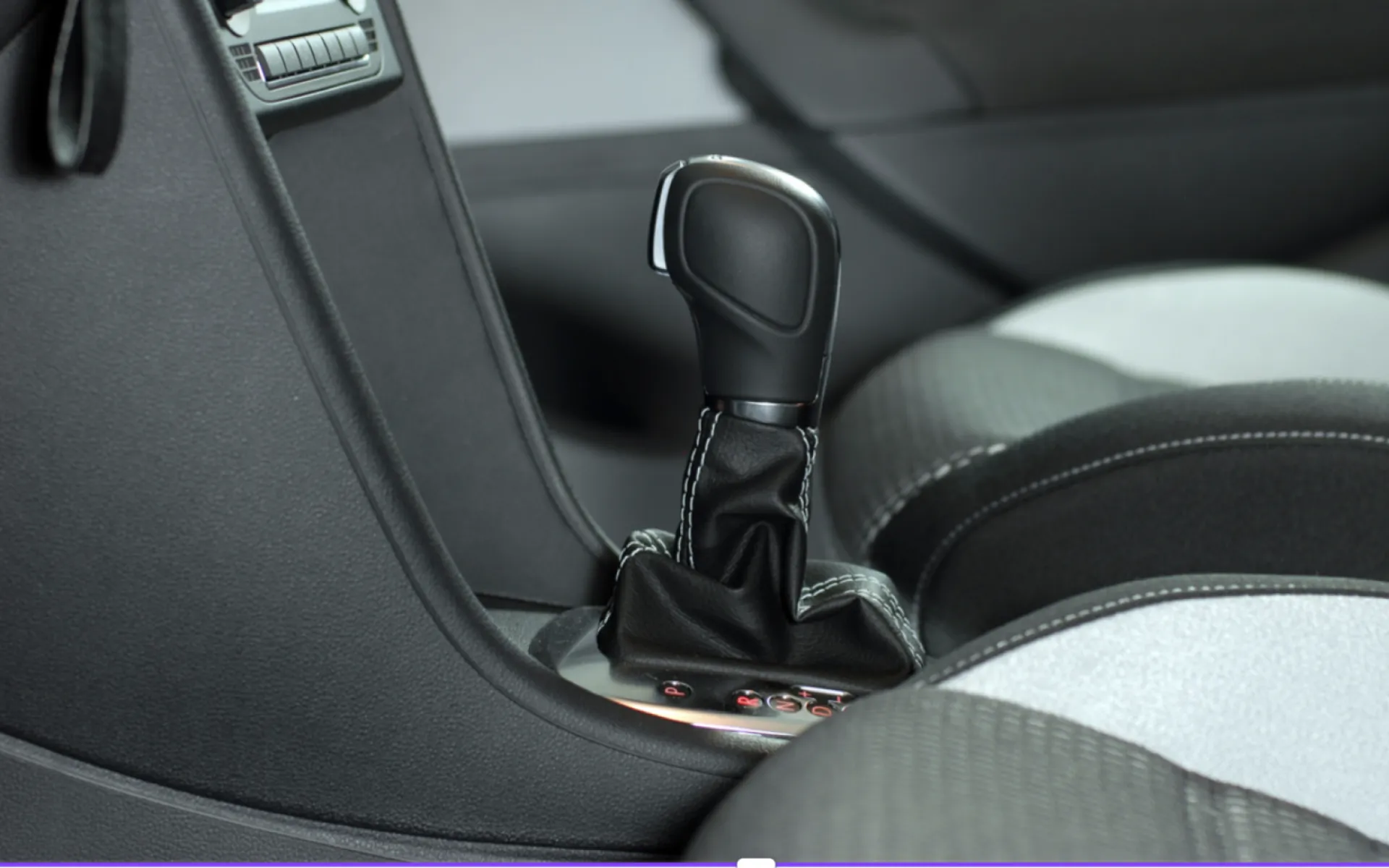Search
What to Do if You've Had a Car Accident
According to statistics, four people die daily in Australia, and another 90 sustain severe injuries from car accidents.
Whether involved in a minor or a serious accident, you may be shaken up and struggle to think clearly. Therefore, it’s essential to educate yourself ahead of time.
Here are the things you should do when involved in an accident:
What to Do if You've Had a Car Accident
1. Check for injuries
This is the first step you should take when involved in an accident. Safety should be your priority; everything else can wait. Check on the passengers in your car if there are any, and if another vehicle is involved, check on the other driver.
Once you’ve established that everyone is okay, you can proceed to call an ambulance and the police. When you’re involved in an accident, never leave the scene, even if it’s a minor accident. Injuries resulting from an accident are usually included in insurance claims; therefore, it’s essential to document any injuries resulting from the accident.
2. Move your car to the side of the road
If there aren’t any severe damages, carefully drive your vehicle to the side of the road, so it doesn’t impede traffic. Ensure your hazard lights stay on and put up reflective emergency triangles to alert other motorists to slow down. If the accident is severe, leave the cars where they are.
Even when you don’t think you’ve suffered any injuries, you should be cautious when getting out of the car, mainly if the accident occurred on a busy street or a highway. An accident can impact your thought process, putting you in harm's way.
3. Contact the authorities
Even though it’s essential to report the accident, there are instances where the authorities might not respond to a minor crash. Some police departments are shifting to online reporting rather than dedicating resources to accident scenes.
When the police get to the scene, note the officer’s contact information, badge number, and name; ensure you also get a copy of the accident report from the police. You can request it from the police officers or the insurance adjuster dealing with your claim.
4. Gather essential information
Use your phone’s camera to take photos of documents and get the name, contact information, and license details of everyone involved in the accident. If the license name doesn’t match up with the car registration details, establish the relationship the driver has with the car owner.
Ensure you also get car information, including the make, color, car identification number, year, and license plate number. Get the insurance policy number and the firm name in case the other individual doesn’t report the accident. See if any witnesses are willing to offer their contact details.
5. Document the accident scene
Ensure you record as much information as possible about the accident using voice memo features and a camera.
Assess the impact on the vehicle. The easiest way to do this is by taking a full picture of the vehicle and close-up pictures of the damages on both vehicles.
Record the time and date of the accident and video or phonograph the whole scene, including property and car damage or skid marks. Note the directions both vehicles were heading and the street names. Additionally, ensure you note down the position of the vehicles on the street as it helps the adjuster recreate the scene when you make a claim.
6. Call a tow truck if necessary
You may require towing services if your vehicle is severely damaged. Most people are members of motor clubs, and one of their benefits is offering roadside assistance. The police might call a tow truck, and some vehicle manufacturers also have driver assistance programs.
Additionally, don’t assume all tow trucks that show up at an accident scene are reputable; always verify their credentials and take their contact details. Alternatively, you can contact smash repairs with Dinggo for a free quote on the cost of the damages based on the pictures of the car damage.
7. Contact the insurance company
Even though negotiating a cash deal to avoid making a claim may be tempting, failing to alert your insurance firm after a crash can leave you liable for damages.
Sometimes an insurance company can pronounce your car a total loss, meaning the potential repairs cost more than the car’s actual value. If the one you’ve been in an accident with has a bare minimum insurance cover, you can get money from them. However, it’d be best to let them handle the claim.
If the other party’s insurance can’t handle the damages, our insurance company can check our cover to see if a policy covers that. For instance, if the insurance cover determines you weren’t at fault, it might have a liability waiver meaning you won’t have to pay your deductible.
Bottom Line
Accidents happen, even to the most careful drivers. After an accident, you may experience shock or be angry with the other party. The first thing you should do is stay calm. The post-accident procedure is relatively straightforward.
Having a cool head will assist you in documenting the accident more accurately and thoroughly. With the tips above, you’ll be able to deal with the stressful aftermath of a car accident.
More Blog Articles
Web development by Caribbean New Media.

